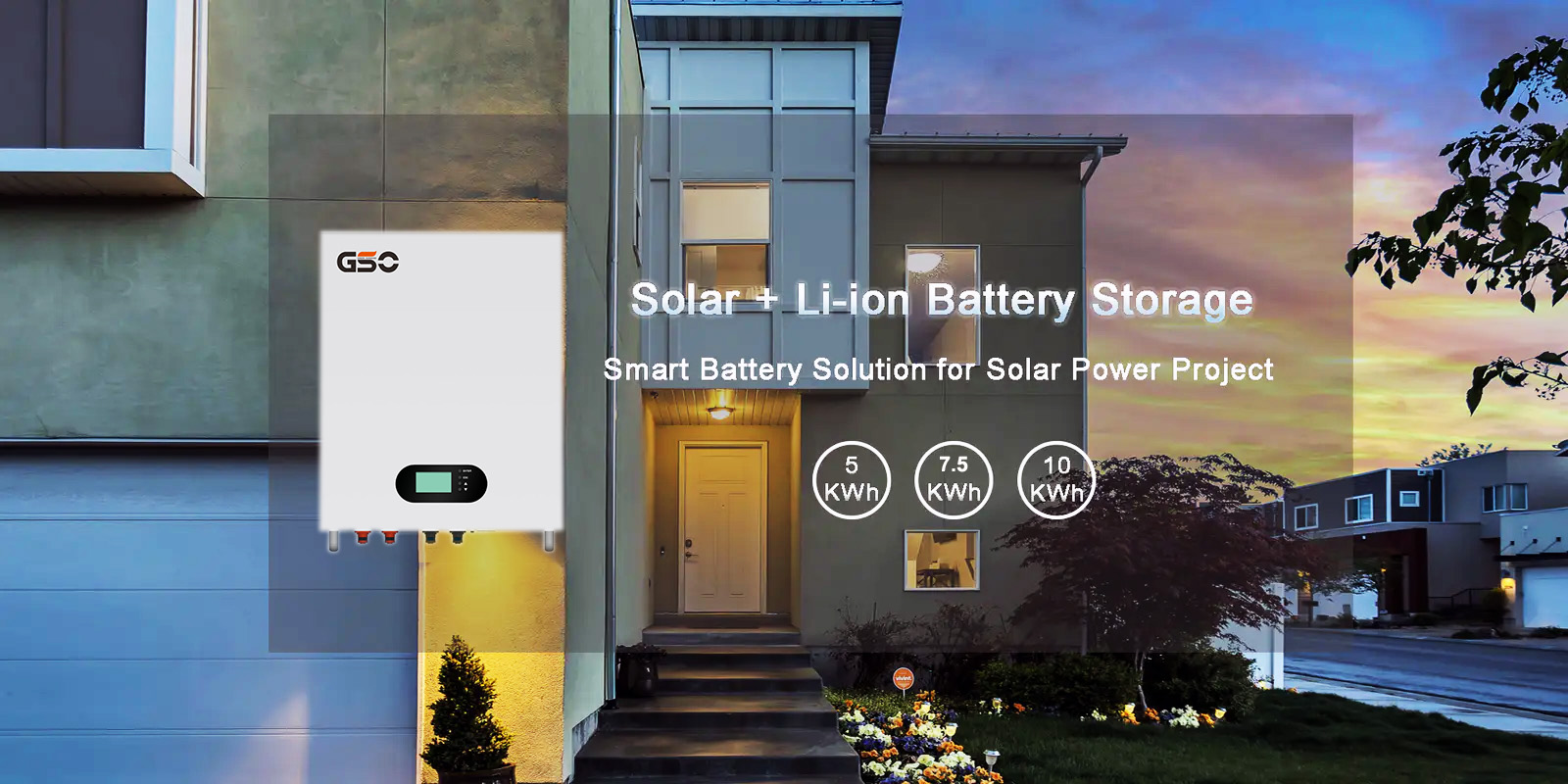High safety performance
Lithium iron phosphate crystals in the P-O bond is solid, difficult to decompose, even at high temperatures or overcharge will not be like lithium cobaltate structure collapse heat or the formation of strong oxidizing substances, lithium iron phosphate decomposition temperature of about 600 ℃, so it has a good safety performance. Although in the case of overcharge, there have been combustion and explosion, but its overcharge safety compared to ordinary liquid electrolyte lithium cobalt-acid batteries, ternary batteries, has been greatly improved.
Long life
Lead-acid battery cycle life of about 300 times, up to about 500 times, while lithium iron phosphate power battery, cycle life of more than 2000 times, the standard charge (0.2C, 5 hours) use, can reach 2000 times. The same quality of lead-acid batteries life is 1 to 1.5 years, while lithium iron phosphate batteries used under the same conditions, the theoretical life will reach 7 to 8 years. Taking into account, the performance-price ratio is theoretically more than four times that of lead-acid batteries. High-current discharge can be high-current 2C rapid charge and discharge, in a special charger, 1.5C charging within 40 minutes can make the battery full, starting current up to 2C, and lead-acid batteries do not have this performance.
Good high temperature performance
Lithium iron phosphate peak electrical heat up to 350 ℃ -500 ℃, while lithium manganate and lithium cobalt acid only in 200 ℃. Wide operating temperature range (-20C - +75C), with high-temperature resistance Lithium iron phosphate peak electrical heating up to 350 ℃ -500 ℃, while lithium manganate and lithium cobalt acid only in the 200 ℃ or so.
Large capacity
Has a greater capacity than ordinary batteries (lead-acid, etc.), through the battery capacity density is known, lead-acid battery energy density of about 40WH/kg, the market mainstream lithium iron phosphate, energy density are more than 90WH/kg.
No memory effect
Rechargeable batteries are often worked under condition of fully charging but not discharging completely, the capacity will quickly fall below the rated capacity value, this phenomenon is called the memory effect. Like nickel-metal hydride, nickel-cadmium batteries have memory, while lithium iron phosphate batteries do not have this phenomenon (lithium-ion batteries generally do not have memory effects), the battery can be used as it is charged in whatever state, without having to be discharged before charging.
Light weight
The same size capacity of lithium iron phosphate battery volume is 2/3 of the volume of lead-acid batteries, weight is 1/3 of lead-acid batteries, energy density is several times the lead-acid batteries.
Environmentally friendly
The battery is generally considered to be free of any heavy metals and rare metals (NiMH batteries require rare metals), non-toxic (SGS certified ), non-polluting, compliant with European RoHS regulations, and a green battery. The reason why lithium batteries are favored by the industry, an important reason is environmental considerations.
Hence, based its features of safety and life, LiFePO4 batteries is well suited for PV energy storage.
--John Huang

